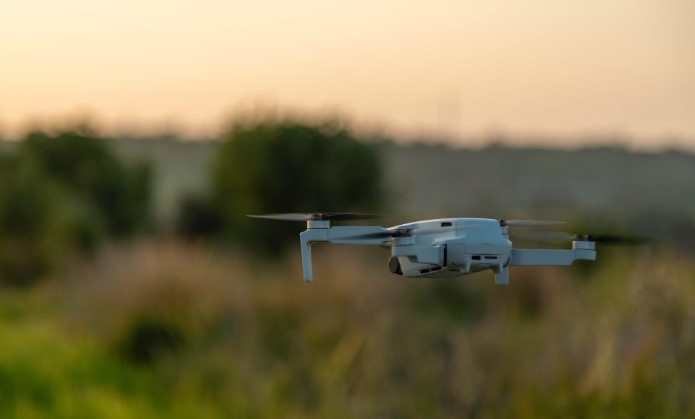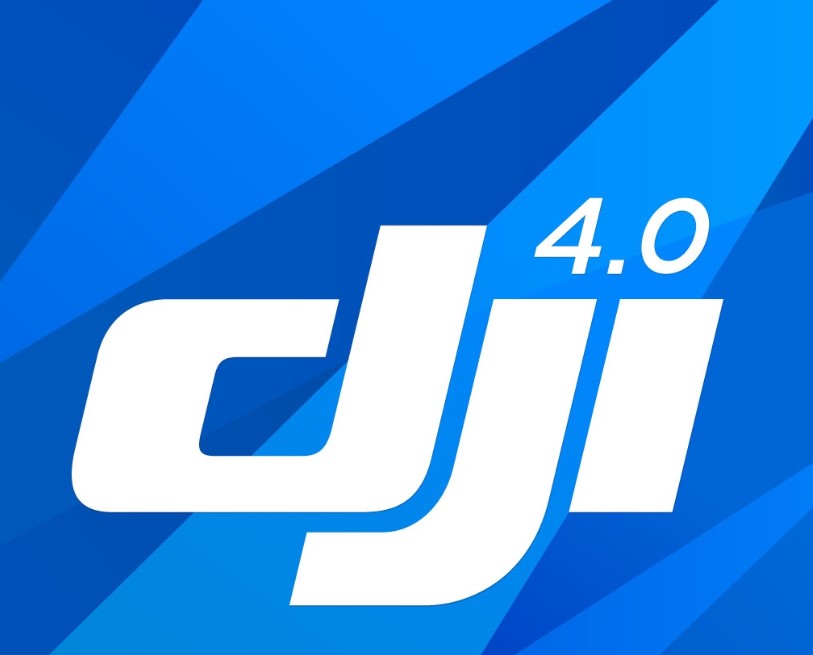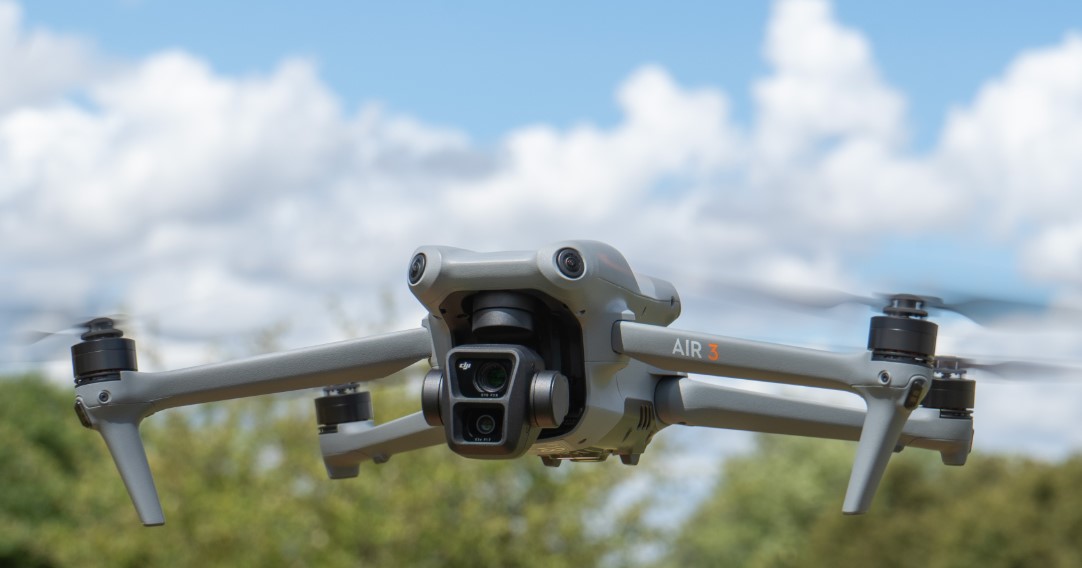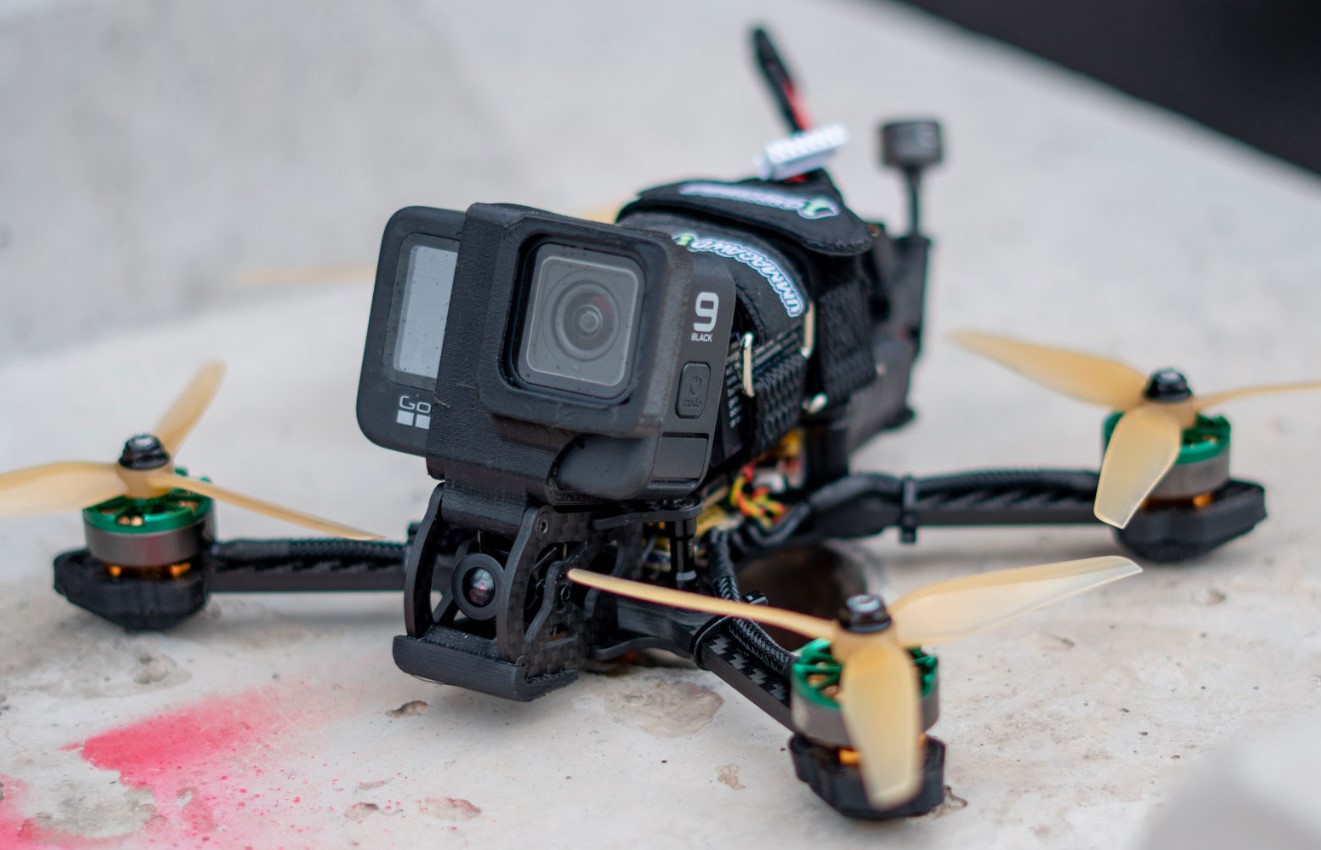Is Drone Deer Recovery Legal in Indiana? The advent of drone technology has revolutionized various industries, including agriculture, photography, and even wildlife management. One niche area where drones have found application is in deer recovery—the process of locating injured or deceased deer. However, the legality of drone deer recovery varies from state to state, and in Indiana, the question remains a pertinent topic for hunters, conservationists, and legal experts alike. This essay delves into whether drone deer recovery is legal in Indiana, exploring relevant laws, ethical considerations, and the potential impact on wildlife conservation. Follow Dronevoz.com !!!
The Legal Framework in Indiana
Indiana’s regulations concerning drones, hunting, and wildlife management are primarily governed by the Indiana Department of Natural Resources (DNR) and federal aviation laws. To determine whether drone deer recovery is legal, it’s essential to analyze the intersection of these regulations.
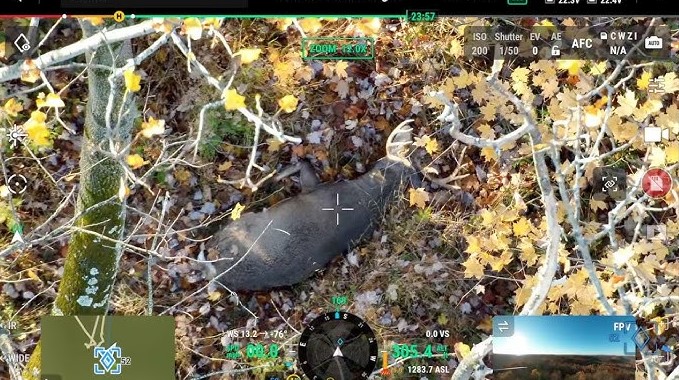
Hunting Regulations in Indiana
Indiana has strict laws regarding hunting practices, many of which are designed to ensure ethical hunting and the conservation of wildlife. According to the Indiana DNR:
- It is illegal to use motorized vehicles, including drones, to hunt or harass wildlife.
- Hunters must adhere to fair chase principles, which emphasize giving animals a reasonable opportunity to escape.
While drones are not explicitly mentioned in all hunting statutes, their use to aid in locating live or injured deer could be interpreted as a violation of these principles.
Federal and State Drone Laws
The Federal Aviation Administration (FAA) regulates the use of drones in the United States. Drone operators must:
- Register their drones if they weigh more than 0.55 pounds.
- Avoid flying over people or property without permission.
- Operate within the visual line of sight.
Indiana also has state-specific drone laws that restrict their use in certain areas. For instance:
- Flying drones over private property without permission is prohibited.
- Using drones to surveil individuals or private property can lead to privacy violations.
These restrictions complicate the use of drones for deer recovery, especially on private hunting grounds.
Ethical and Practical Considerations
While laws provide a clear framework, ethical considerations play a significant role in determining the appropriateness of drone use in deer recovery. Many hunting organizations argue that using drones undermines traditional hunting skills and the principle of fair chase. Additionally, the noise and presence of drones could disrupt wildlife habitats, potentially causing stress to other animals.
>>> Read: Is Drone Deer Recovery Legal in Georgia?
Potential Scenarios for Drone Deer Recovery
To better understand the legal gray areas, let’s examine potential scenarios where drones might be used for deer recovery in Indiana:
- Locating a Deceased Deer on Private Property
If a hunter legally harvests a deer and loses track of its location, using a drone to locate the carcass could be seen as a practical solution. However, without explicit permission from the property owner and adherence to state laws, this practice could be deemed illegal.
- Recovering Injured Deer
Tracking an injured deer with a drone raises ethical and legal concerns. Indiana law prohibits the harassment of wildlife, and chasing an injured deer with a drone could fall under this category.
- Wildlife Monitoring by Conservationists
Outside the context of hunting, drones can be valuable tools for monitoring deer populations and assessing habitat health. When used by licensed professionals for conservation purposes, this practice is generally legal and supported by the DNR.
Arguments for Legalizing Drone Deer Recovery
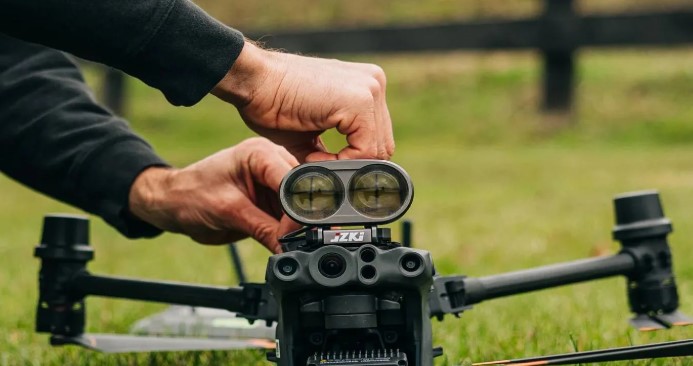
Proponents of drone deer recovery present compelling arguments for its legalization under regulated conditions:
- Improved Recovery Rates
Drones equipped with thermal imaging cameras can locate deer more efficiently, reducing the time it takes to recover animals and minimizing waste of game meat.
- Safety Benefits
Hunters often venture into dense woods or rugged terrains to track deer, risking injury. Drones can mitigate these risks by providing an aerial view of the area.
- Reduced Environmental Impact
By pinpointing the location of a deer, drones can reduce the need for extensive ground searches, thereby minimizing disturbance to the surrounding ecosystem.
- Technological Advancement
Incorporating modern technology into wildlife management aligns with broader trends in conservation and resource optimization.
>>> Click Is Drone Deer Recovery Legal in Florida?
Counterarguments and Concerns
Despite the potential benefits, critics of drone deer recovery highlight several concerns:
- Violation of Fair Chase Principles
Ethical hunters argue that drones give an unfair advantage, disrupting the balance between hunter and prey.
- Privacy Issues
The use of drones over private property could lead to disputes and potential legal action.
- Wildlife Disturbance
The noise and presence of drones can stress animals, potentially altering their natural behaviors.
- Enforcement Challenges
Regulating drone use in hunting scenarios would require additional resources and oversight from law enforcement agencies.
Comparative Analysis: Drone Deer Recovery in Other States
Examining how other states address this issue can provide valuable insights. For instance:
- Illinois: The use of drones for hunting or wildlife harassment is explicitly prohibited.
- Wisconsin: Drones are banned for locating game during the hunting season.
- Texas: Drone use is allowed under specific conditions for non-hunting purposes, such as wildlife management.
These examples illustrate the varying approaches to drone deer recovery and highlight the importance of clear, state-specific guidelines.
Recommendations for Indiana
To address the ambiguity surrounding drone deer recovery, Indiana could consider the following measures:
- Establish Clear Regulations
The Indiana DNR should provide explicit guidelines on the use of drones for deer recovery, distinguishing between ethical hunting practices and post-harvest recovery efforts.
- Permit System
Introducing a permit system for drone-assisted deer recovery could help regulate the practice while ensuring compliance with conservation principles.
- Public Awareness Campaigns
Educating hunters and drone operators about existing laws and ethical considerations can promote responsible use of technology.
- Collaborative Research
Partnering with conservation organizations to study the impact of drones on wildlife can inform policy decisions and balance technological innovation with ecological sustainability.
Conclusion
The legality of drone deer recovery in Indiana remains a complex issue, shaped by a combination of state laws, ethical considerations, and practical implications. While drones offer undeniable benefits in terms of efficiency and safety, their use must be carefully regulated to preserve the integrity of hunting traditions and protect wildlife. By establishing clear guidelines and fostering a dialogue among stakeholders, Indiana can navigate this emerging technological frontier responsibly. Until such regulations are enacted, hunters and drone operators must exercise caution and prioritize compliance with existing laws to avoid legal repercussions and contribute to sustainable wildlife management.
